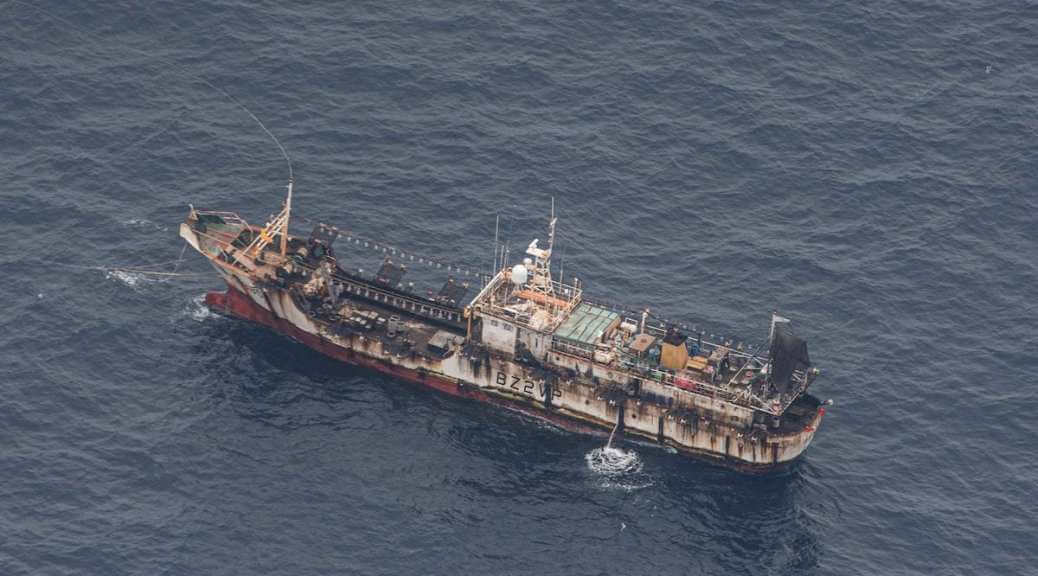China has been ranked number one on various parameters of illegal, unreported, and unregulated fishing (IUU) rankings. Over 60 per cent of its vessels are involved in IUU fishing worldwide, according to the IUU rankings report 2021, reported Investigative Journalism Reportika (IJK).
Similar to how the Chinese spy balloon violated US airspace, China’s illegal fishing worldwide is under scrutiny: A new investigative report shows that from spying to a civilian militia, Chinese fishing practices have it all.
Chinese Distant Water Fishing Fleet (DWF) is deployed across every ocean. It is often found guilty of violating the domestic laws of the respective countries and the United Nations Convention on the Law of the Sea (UNCLOS).
It also indulges in targeting endangered species, falsifying licenses & documentation, espionage & reconnaissance activities, seizing territories, generating a lot of sea waste, and violating EEZs of other nations, reported IJK.
China is the world’s largest producer of aquaculture and captures fisheries. According to the United Nations, China consumes around 36 per cent of total global fish production and hauls in 15.2 million tonnes of marine life annually, a massive 20 per cent of the world’s annual catch.
According to the Food and Agriculture Organization (FAO), China ranked top of the top ten global capture producers in 2020 from Marine sources.
From 2019 to 2021, China fished in Exclusive Economic Zones (EEZs) of over 80 other countries for more than 3 million hours and spent nearly 10 million hours outside its own EEZ in the high-seas and the EEZs of other nations, reported IJK.
Having depleted fish stocks in domestic waters, including the South China Sea, the fleets of China are now travelling further afield to meet the rising demand for seafood. Beijing says its distant water fishing fleet numbers 2,500 ships, but multiple studies claim that it is more than 18,000 boats in the world’s oceans.
As per reports, the captains of Chinese DWF ships disable their transponders while engaging in illicit fishing to avoid being watched in sensitive areas. It has been observed that the automatic identification systems (AIS) aboard these ships suffer transmission pauses of at least eight hours near the EEZ of other countries.
Moreover, the fishing is not restricted to the Chinese EEZ, but has proliferated to the EEZ of several countries in the Indian Ocean Region, Africa, South America, Russia, and Oceania, reported IJK.

